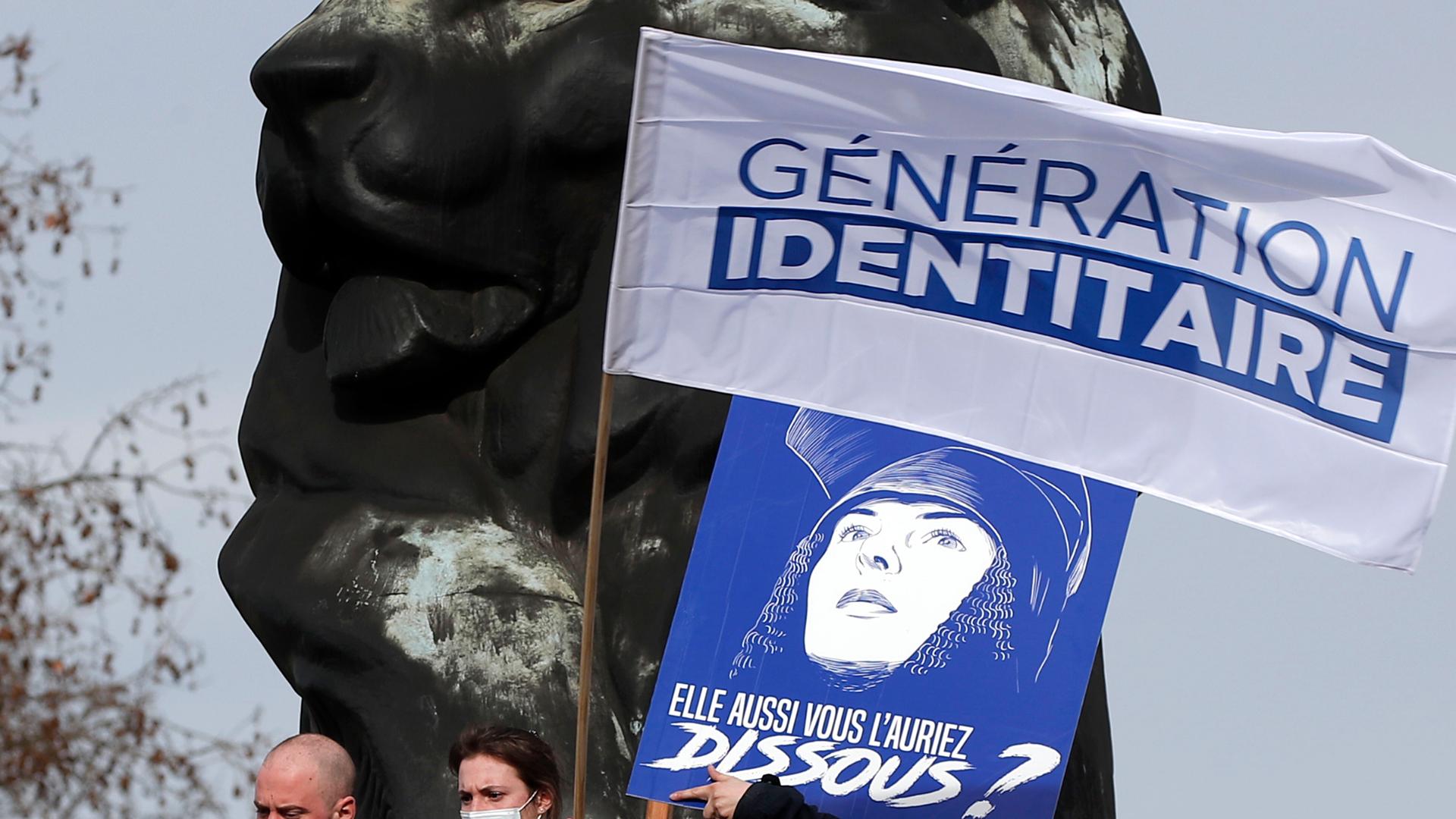Some call it a threat to the French Republic. Others say it’s just a bogus term that’s spurring a witch hunt.
What is “Islamo-leftism” and why is it suddenly the topic du jour in France?
Related: French Muslims worry ‘separatism law’ may create more division
The academic Pierre-André Taguieff coined the term in the early 2000s to describe what he saw as a growing link between left-leaning academics and France’s Muslim community. But over time, it came to mean something more pejorative.
“[Islamo-leftism] started to be used in the public square, mostly in the context of the post-Charlie Hebdo and post-Bataclan attacks.”
“It started to be used in the public square, mostly in the context of the post-Charlie Hebdo and post-Bataclan attacks,” said Nadia Marzouki, a fellow at France’s National Center for Scientific Research (CNRS).
Related: Is France ‘sleepwalking’ into voting for the far-right?
She said politicians from the right and left hijacked the term in 2015 following a string of terrorist attacks that shook the country and killed more than 140 people. This wasn’t just a link, they said. Rather, they accused certain academics of excusing the most violent interpretations of Islamist ideology, including terrorism.
The term came back into the spotlight last month, when France’s higher education minister, Frédériqu Vidal, called for an investigation into Islamo-leftism at French Universities “so we can distinguish academic research from activism and opinion.”
But in a later interview with a French newspaper, Vidal admitted the term “has no scientific definition.”
Related: France unveils draft law to fight religious extremism
Marzouki, who studies political Islam, said the murky messaging has made anyone studying the religion a target.
“These statements came across as completely irresponsible and needlessly igniting fire and anger,” she said. “They authorize a number of right-wing trolls on the internet to write, blacklist and call for witch hunts.”
Marzouki is one of 600 academics who have signed an open letter calling for Vidal’s resignation, though that hasn’t stopped the inquiry from going ahead.
According to a recent poll, 70% of the French population say they agree that Islamo-leftism is a problem in France.
A recent Le Monde editorial signed by 130 conservative intellectuals thanked Vidal for acknowledging the problem, but they said she got the terminology wrong.
“It’s not Islamo-leftism that’s the issue, they wrote, so much as militancy disguised as pseudoscience.”
The letter went on to criticize terms like “state racism,” “whitewashing” and “social constructs” which they said were “dangerous” for France.
But others criticize this kind of thinking, arguing it undermines academia as a whole.
“This is the opposite of intelligence. … This is France revealing the extent of its blind spots in terms of topics like race and colonial history.”
“This is the opposite of intelligence,” said Audrey Célestine, a professor of American studies at the University of Lille. “This is France revealing the extent of its blind spots in terms of topics like race and colonial history.”
Some have compared Islamo-leftism to the term to “Judeo-Bolshevism,” an anti-Semitic slur that blamed Jews for the spread of communism in the 1930s.
“My father was considered a Judeo-Bolshevist in Poland,” said Shlomo Sand, a professor at Tel Aviv University.
Sand was one of the first to make the comparison.
Just like with Judeo-Bolshevism, a term that was popularized by the Nazis in the lead up to World War II, he said the power of Islamo-leftism is that the term combines two seemingly negative things.
“It’s not only the leftism, it’s also the Islamism,” he said. “Together, it’s much [stronger].”
Our coverage reaches millions each week, but only a small fraction of listeners contribute to sustain our program. We still need 224 more people to donate $100 or $10/monthly to unlock our $67,000 match. Will you help us get there today?
